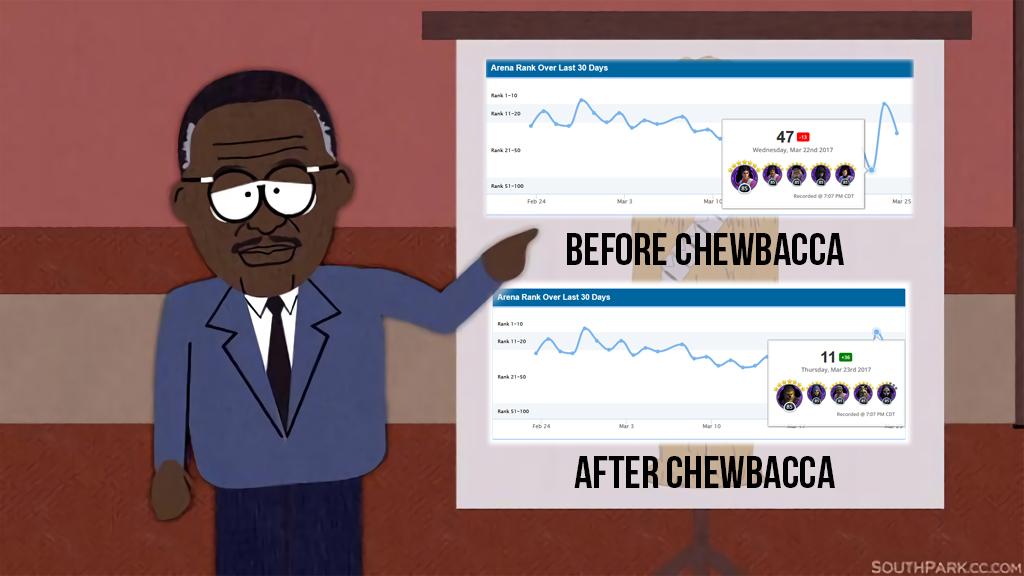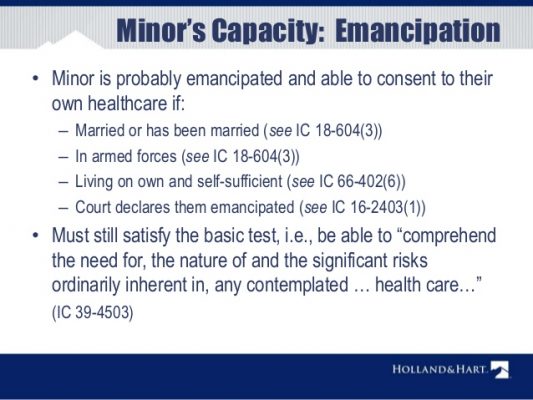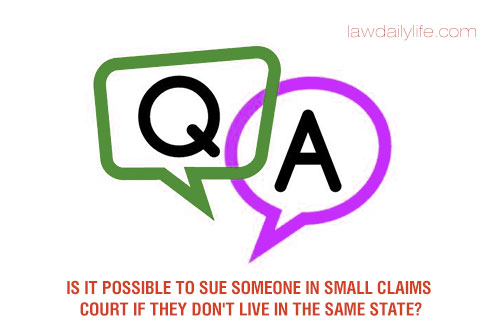There’s only one perfect gift-giver in this world, and it’s Santa. The rest of us give and receive mistakes every now and then. And this is OK, since we can always return a gift. Right?
While most stores allow returns, there’s no legal right to a gift return or exchange unless the product is mislabeled or broken. So here’s how to return or exchange a gift legally:
1. Document the Purchase
Nearly every store that allows returns or exchanges will require some documentation proving the sale. So having the proper paperwork is step one.
If you’re buying gifts for someone else, make sure to keep the receipt or confirmation in case they need it. Often, stores will print a gift receipt that has all of the purchase information except the price. So you won’t have to reveal how much you spent unless the gift getter wants to get something different. And if you’re on the receiving end, try to keep any receipts or packaging that can prove when and where the gift was purchased. And don’t be afraid to ask for the receipt if you’re going to swap out a gift.
2. Decipher the Policy
Stores, at least those that take our advice, will have a clear, concise, and conspicuous return policy. The policy should be prominently displayed somewhere in the store (normally near the registers) and in print on the receipt. Online retailers may have a section of the website dedicated to a return policy, or they may include the policy on the confirmation email.
Make sure you’ve read and you understand the store’s return policy, whether you’re buying gifts there or trying to exchange them. Return policies can vary, from the time you have to switch out a gift to the documentation required to do the return.
3. Do Be Polite
Most retailers offer returns and exchanges because they want happy customers, so they may be willing to work with you even if you don’t have a receipt. That willingness can be dependent on your demeanor, however, so be kind when returning gifts. Sometimes the shortest distance to the present you really wanted is with a smile.
If none of this works, you might want to consult with a consumer protection attorney.










